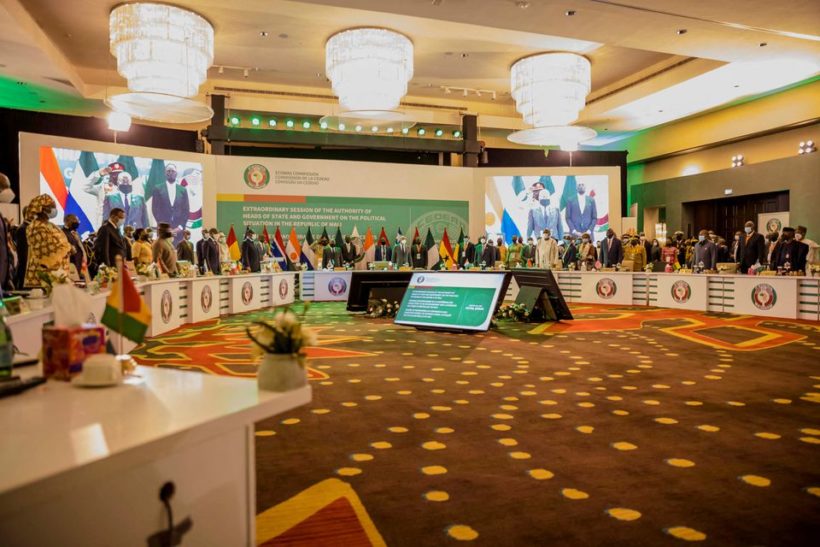
ABUJA, June 1 (Reuters) – The construction of a new gas pipeline from Africa to Europe moved a step closer on Wednesday after Nigeria gave the go ahead to its state-oil firm NNPC to sign a memorandum of understanding with West African regional body ECOWAS.
The nod comes as African gas supplies to Europe grow in importance with the Ukraine crisis casting doubt on Russian energy exports. Algeria has already agreed to raise its supply to Italy.
Nigeria and Morocco signed a joint venture in 2016 to construct the pipeline which will carry gas to 15-West African countries and through Morocco to Spain and Europe, junior oil minister Timipre Sylva said at a cabinet meeting in Abuja while presenting the request for approval.
Read more: West Africa bloc chairman says Mali’s coup was “contagious”
“We are still at the front-end engineering design,” Sylva said, after which the cost and the funding of the pipeline would be determined. He did not say when construction would begin, nor be completed.
Nigeria and Morocco said last year that the pipeline will be 5,660 km (3,517 miles) long, and that construction will be in phases covering 25 years. They have launched feasibility studies with a plan to build the pipeline both onshore and offshore.
The project, which has been touted as conducive to economic integration in West Africa, would also add to the network of existing gas pipelines carrying supplies to Europe via the Mediterranean Sea.
Wednesday’s cabinet was chaired by Vice President Yemi Osinbajo, who is seeking the ruling party’s ticket to replace President Muhammadu Buhari, who is due to step down next year after serving two full terms. Buhari is on a visit to Spain.
(Writing by Chijioke Ohuocha; Editing by James Macharia Chege, Kirsten Donovan)

